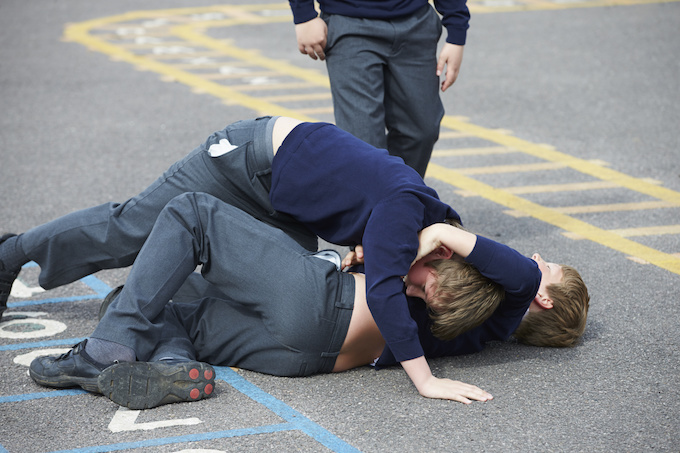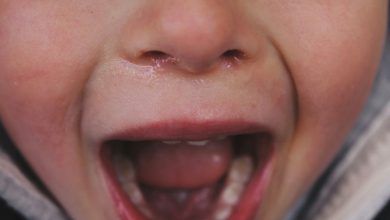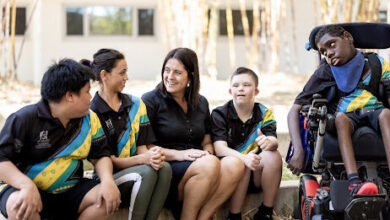Do schools need to improve policies on violence?

Matamata College was in the news this week after a group of students filmed an assault and posted the footage on social media.
Three assaults took place over the course of several weeks and, although the students were suspended, they have people questioning how schools handle violence.
Matamata Police sergeant Blair Hayde told Stuff that the assault was severe but what also concerned him was the bystander support in the video footage.
“Kids don’t understand, they think if I haven’t kicked or punched anyone, then I haven’t done anything wrong,” said Hayde.
“Regardless of any injury the victim suffered, or any way the offender is charged, whether minor or serious, the consequences for the person encouraging the assault are the same as the person committing the assault.”
The Ministry of Education encourages schools to “develop a school-wide culture of inclusion” but another issue faced, is the ability bullies now have to reach a wide audience outside school, online.
As in the case of Matamata College, students can be made to delete any videos or posts but that doesn’t prevent them from being created in the first place. School News wants to know if your school has trialled any policies or methods to target this aspect of the problem. How do you teach kids what’s not okay to post online? and how do you make it stick?
There aren’t any easy solutions, it seems.
In the new Education Matters To Me: Emotional Wellbeing report, children and young people described their concerns about in-school violence, and how they think schools should handle it.
“I would put more teachers on duty on very specific areas and just not one open area so that bullying could stop.” (Primary school student, undisclosed ethnicity)
“Control on bullies and the help of people who have problems at home.” (Primary school student, undisclosed ethnicity)
Some of the children in the report described violence at home as a reason for violence at school.
“Attitudes come from how you are raised. Someone can come from a violent or caring family. How you are raised. I was suspended from school. I used to take the violence from my home to school. The course is a good space for now. I’m going through a heap at home – divorce and violence.” (Student in alternative education unit, Tuvaluan/Samoan/Rarotongan (Cook Island))
Many of the young people advocated for schools to take more of an interest in student psychology.
“I would like our school to put more effort into recognising mental and emotional issues that some students have, our school seems to only want our attendance to look good. Mental health isn’t something our school focuses much on, which isn’t good considering how much changes teenagers go through.” (Secondary school student, NZ European)
“I would suggest immediately hire qualified, experienced councillors (1 councillor – 20 students) to teach students about copeing mechanisms, depression, and what to do to be a mentally healthy person. I would also have mandatory weekly support group meetings with the councillor.” (Secondary school student, NZ European)
A common thread here is the perceived need to target emotional support for students whether they are the bullies or the bullied. What day-to-day improvements do you think need to be made?









